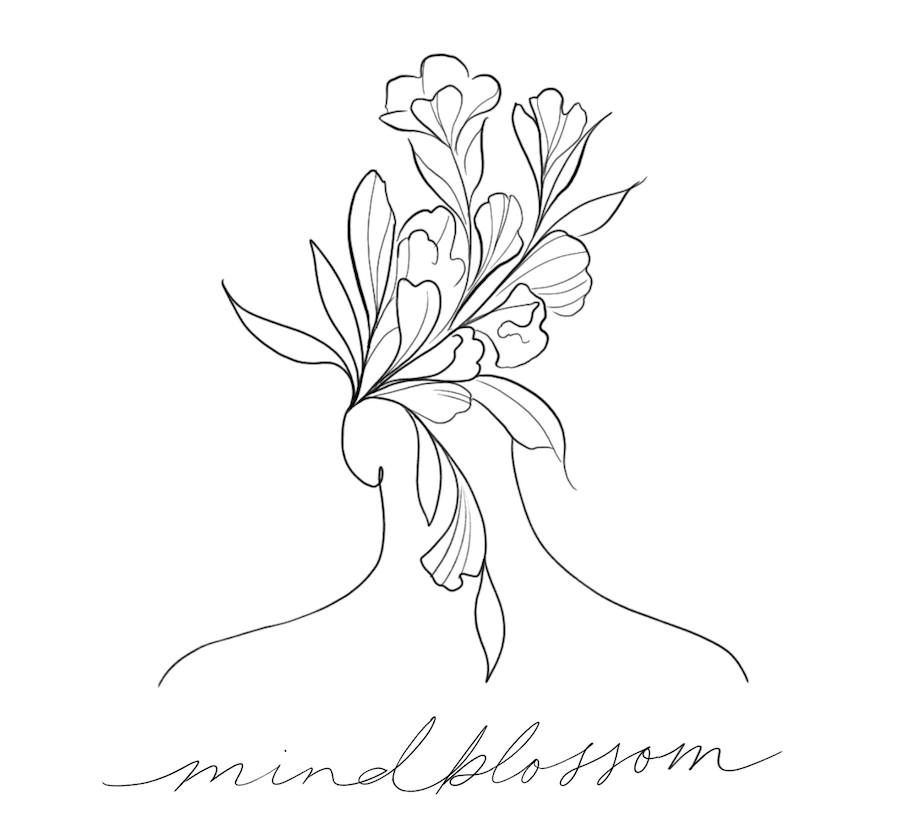Empowering Compassion:
A Guide to Peer Support in Eating Disorder Recovery
Eating disorders might seem uncommon, but they affect more people than you think. Approximately one in five women and one in seven men will experience an eating disorder in their lifetime. Most eating disorders develop during the late teens and early adulthood. This makes it a critical stage for peer support and awareness because, If not treated quickly, eating disorders can become long-lasting and life-threatening issues.
Debunking Three Eating Disorder Myths for Stronger Peer Support:
- Eating disorders only affect white affluent females. Limited perceptions associating eating disorders with white girls from affluent neighborhoods create stigma. Unfortunately, this becomes a barrier, preventing individuals who need it from accessing treatment and support. Eating disorders can impact individuals of any gender, race, or socioeconomic status. In fact, research suggests that racial and ethnic minorities are at an increased risk.
- Eating disorders stem from an obsession with food and body image. Eating disorders are complex illnesses, influenced by factors like genetics, environmental triggers, and peer pressure. Often, they start as a maladaptive coping mechanism in response to a stressful life event or trauma unrelated to food. While a negative body image can contribute to an eating disorder, other factors, like trauma, are likely at play.
- You never recover from an eating disorder. Overcoming an eating disorder can be tough, but with the right resources, treatment, and support from loved ones, full recovery is possible. Seeking help early improves the chances of complete recovery.
Supporting a friend or loved one coping with an eating disorder or showing signs of an unhealthy relationship with food is a big responsibility. But it does not have to feel overwhelming and you do not have to do it alone. Several people in your position make a positive impact in the lives of those who struggle with eating disorders.
Here are three pieces of expert advice to provide the best support – while also taking care of yourself:
- Support your friend by avoiding judgment and acknowledging the complexity of eating disorders.
- Show genuine understanding without oversimplifying their struggles, as well-intentioned remarks can unintentionally cause harm.
- Direct your friend to organizations like NAMI or FEAST for valuable assistance. These groups offer support and education for those facing eating disorders and their support network.
Supporting a friend through this journey is often emotionally demanding, and it’s important for you to find support for yourself through organizations like those mentioned above.
Understanding the science behind eating disorders and what recovery entails might also be helpful. Mind Blossom, a nonprofit organization, offers an expert-led course on this subject. Take advantage of an exclusive student discount and empower yourself to support your peers.

Alejandra Viviescas, PhD
Medical Writer & Mental Health Advocate
Alejandra has an academic background in biology, holding Bachelor’s and Master’s degrees in the field, as well as a Ph.D. in Genetics. Over the past 5 years, she’s been working as a medical writer, aiming to empower patients by giving them accurate information to make informed decisions about their treatment. Alejandra is also a strong advocate for mental health awareness and education. Check out more of Alejandra’s work by following this link.
Your present circumstances don’t determine where you can go; they merely determine where you start

